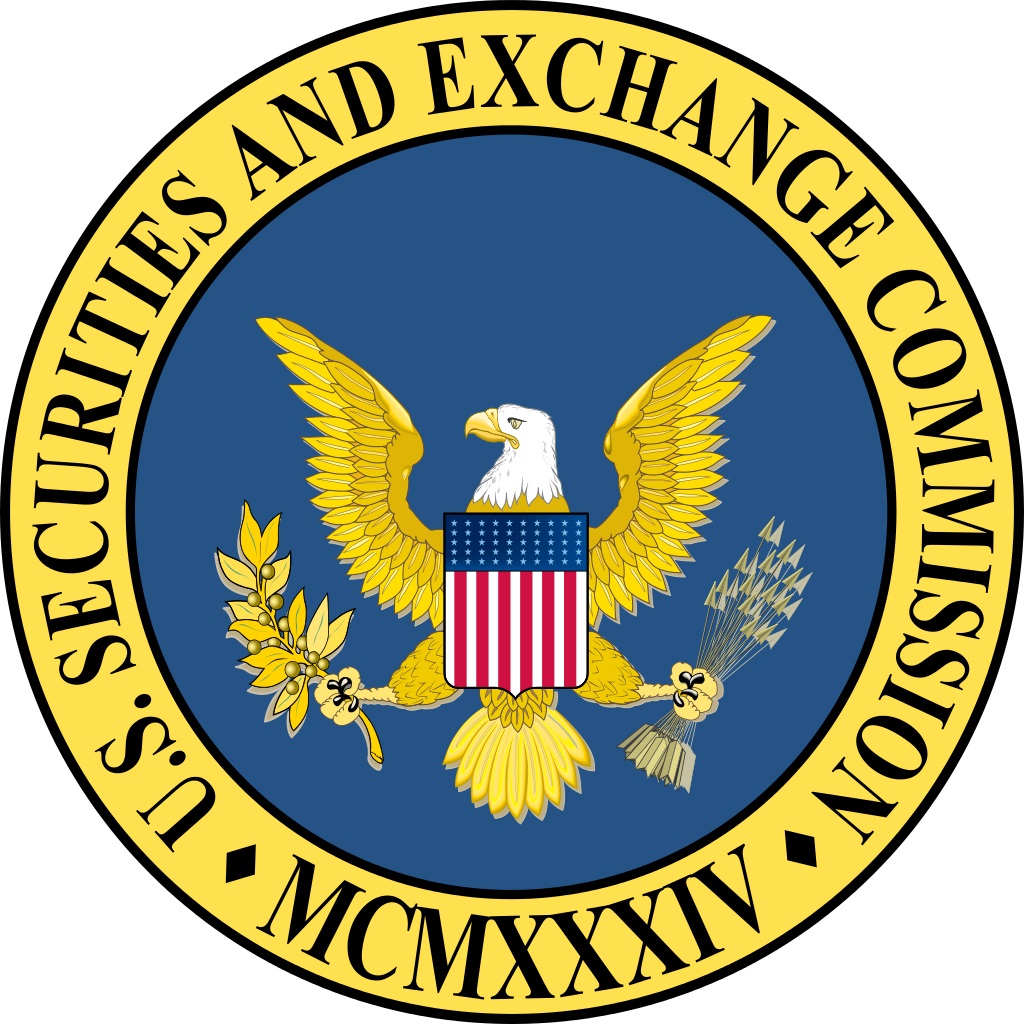Investing
SEC Charges Minnesota Company With Stock Manipulation

Published:
Last Updated:

The U.S. Securities and Exchange Commission (SEC) recently charged the co-founder of a Minnesota-based energy company with manipulating its stock price and concealing his control of the company to attain lucrative financial payouts.
The company’s other co-founder agreed to pay nearly $8 million to settle separate charges against him. Three others also are charged in the case.
The agency alleged that Ryan Gilbertson hatched and orchestrated the elaborate scheme to secretly siphon millions of dollars from Dakota Plains Holdings, which operates an oil-shipping rail facility in North Dakota.
According to the SEC, Gilbertson and co-founder Michael Reger installed their fathers as figurehead executives so they could secretly wield control of the company and issue millions of shares of stock to themselves, family, and friends. They later hired one of their friends as CEO. Then they allegedly caused the company to enter into an agreement to borrow money from them under generous terms that included extra bonus payments to Gilbertson, Reger, and other lenders based on the price of Dakota Plains stock after 20 days of trading following a reverse merger into a company with publicly-traded shares.
Next, Gilbertson enlisted friends and associates including Douglas Hoskins and Thomas Howells to choreograph extensive sales and purchases of Dakota Plains stock and cause the price to skyrocket from 30 cents to more than $11 per share during that 20-day period.
The inflated stock price obligated Dakota Plains to make bonus payments totaling $32 million to Gilbertson, Reger, and others. Finally after meeting his target to receive the bonus payments, Gilbertson ceased his alleged manipulation efforts. The stock price then steadily declined to pennies per share and was delisted a few months ago.
Hoskins and Howells are charged in the SEC’s complaint along with Gilbertson for allegedly participating in his stock manipulation activities.
Without admitting or denying the findings, Reger agreed to pay $6.5 million in disgorgement, $669,365.85 in interest, and a $750,000 penalty.
Thank you for reading! Have some feedback for us?
Contact the 24/7 Wall St. editorial team.